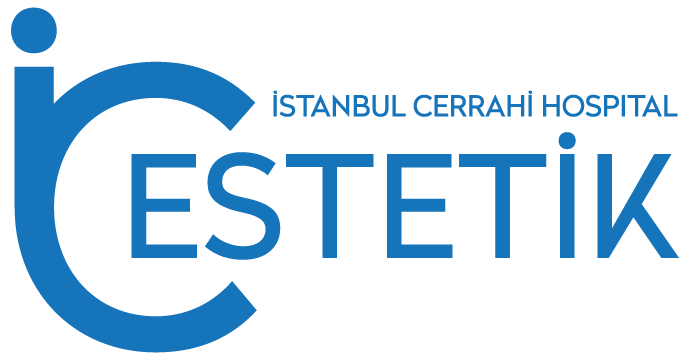Rhinoplasty, commonly known as a nose job, is a surgical procedure that can bring about significant changes to your facial appearance. Whether you’re considering rhinoplasty for functional reasons or aesthetic enhancement, thorough preparation and diligent aftercare are essential for a successful outcome. In this comprehensive guide, we’ll walk you through the key considerations before and after undergoing rhinoplasty.
Before Rhinoplasty
- Conduct thorough research about rhinoplasty procedures, potential risks, and benefits.
- Schedule consultations with experienced and board-certified plastic surgeons to discuss your goals, expectations, and medical history.
- Set realistic expectations for the results. A skilled surgeon can enhance your appearance, but understanding that perfection is subjective is crucial.
- Provide your surgeon with a detailed medical history, including allergies, medications, and any previous surgeries.
- If you’re a smoker, quit smoking well before the surgery to promote better healing and minimize complications.
- Discuss with your surgeon which medications, including herbal supplements, should be discontinued before the procedure.
- Maintain a balanced diet and stay hydrated to support your body’s healing process.
- Arrange transportation to and from the surgical center.
- Prepare your home for a comfortable recovery by stocking up on necessary supplies.
After Rhinoplasty
- Strictly adhere to your surgeon’s post-operative instructions, including wound care, medications, and activity restrictions.
- Allow your body to rest and heal. Avoid strenuous activities and exercise for the recommended period.
- Swelling and bruising are common after rhinoplasty. These will gradually subside over time.
- Avoid touching, rubbing, or bumping your nose to prevent disruption to the healing process.
- Sleep with your head elevated to minimize swelling.
- Attend all follow-up appointments scheduled with your surgeon to monitor your recovery progress.
- Understand that the final results will take time to fully manifest. Be patient and avoid making judgments too soon.
- Shield your nose from sun exposure to prevent pigmentation changes during the healing phase.
- Adopt a healthy lifestyle, including a balanced diet and regular exercise, to support optimal healing.

